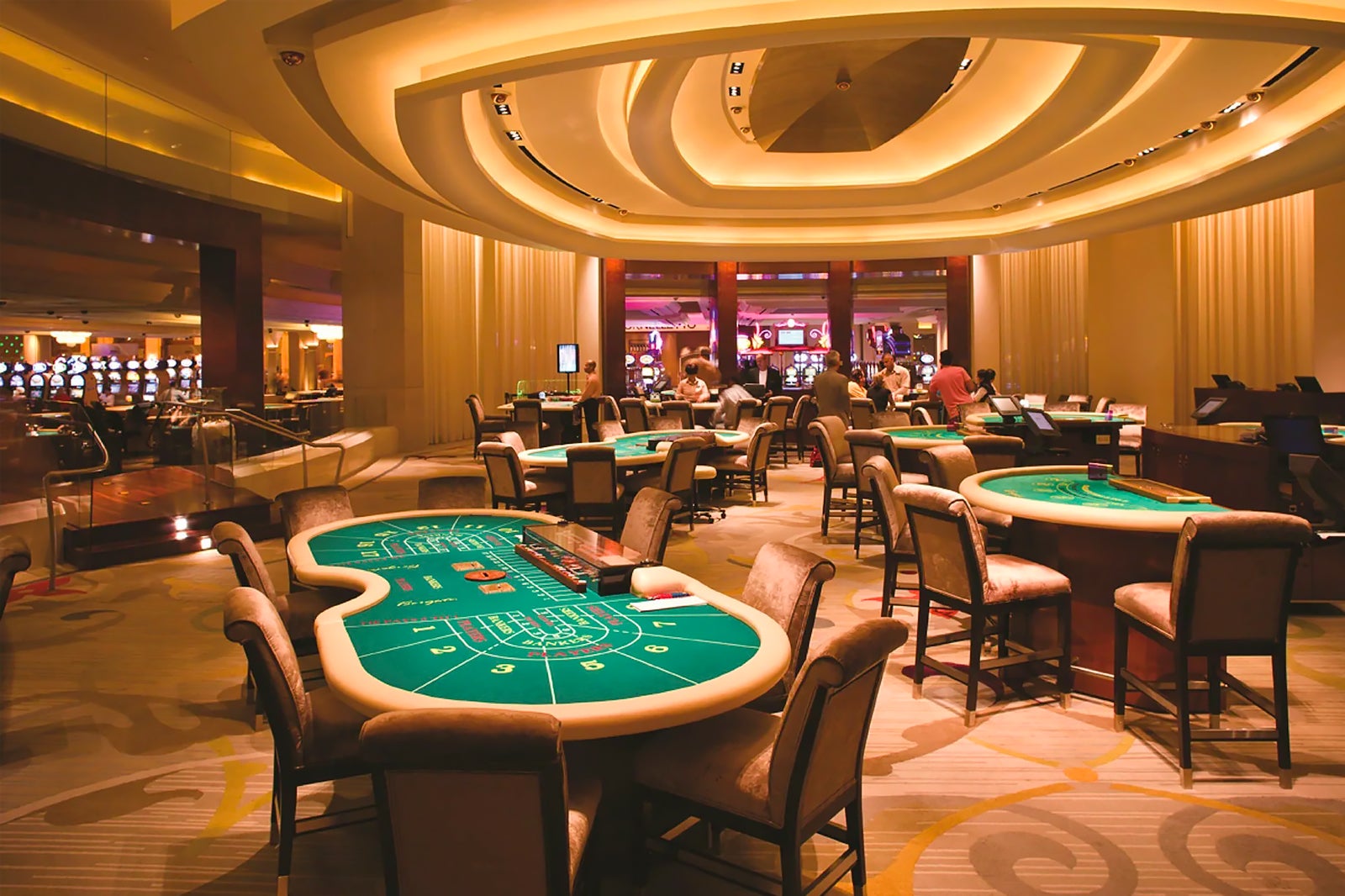
Casino entertainment have long been an integral part of human culture, delivering not just entertainment but a fascinating reflection of our hopes, ambitions, and concerns. From the spinning reels of a slot machine to the tactical play of poker, these games encapsulate a range of human emotions and incidents. At their core, casino games are more than a chance to win money; they are a reflection of life itself, where risk versus reward intertwine and fortunes can change in an instant.
As players gather around tables or sit in front of brightly lit machines, they participate in a tradition that transcends mere playing. These games echo our instinctive desires for connection, thrill, and the search for fortune. They also unveil deeper truths about human psychology, such as our relationship with fate and the thrill of the unknown. In exploring casino games, we uncover not only the rules of play but also the complex weave of the human story, showcasing our intertwining narratives of goal and reality.
The Mind Behind Gambling
Gambling is deeply rooted in human psychology, appealing to various emotions and wants. The excitement of taking risks is a core aspect that draws players in, be it the thrill of spinning a roulette wheel or the anticipation of drawing a winning hand in poker. This adrenaline is often compared to other forms of thrill, as the unpredictability of outcomes elicits a unique psychological response. Gamblers often become captivated by the possibility of striking it rich, leading to an almost magnetic draw toward casino games.
Additionally, a crucial component of the psychology behind gambling is the concept of optimism and ambition. Participants often indulge in fantasies of financial freedom and the luxurious lifestyle that can accompany winning. Debet This hope fuels their continued participation in casino games, as it provides a sense of meaning and the belief that a transformative win could be just one bet away. The narrative of overcoming odds and finding success resonates with many, strengthening their dedication to play and engage with these games.
Finally, social dynamics play a significant role in gambling psychology. Gambling venues are designed to promote social interaction, where gamblers gather to share the journey of wins and losses. This communal aspect not only enhances enjoyment but also affects behavior, as individuals often imitate the actions of others in their vicinity. The collective approval found in shared excitement can enhance the emotional experience, making casino games a reflection of not just personal desires but also shared involvement within the gambling community.
## The Dual Nature of Risk and Reward
Gambling games embody the delicate balance between danger and reward that resonates profoundly with the human experience. The thrill of placing a wager is often accompanied by a surge of excitement, as participants are confronted with the possibility of winning big, yet conscious of the potential to suffer losses. This bipartisan experience reflects a essential aspect of life: the choices we make often come with inherent risks, and the pursuit of reward can compel us to embrace risks we might not normally consider. In this way, casino games echo real-world decisions, enticing players to gamble not just their capital, but also their hopes.
The allure of grand jackpots and winnings fuels a feeling of positivity, encouraging gamblers to dream of a more promising future that could manifest from a fortunate turn of the wheel or dealing of a hand. This positive outlook can compel individuals to engage in more daring actions, encouraging them to extend their limits in search of monetary success. However, just as in life, the outcomes of these decisions can lead to both victory and loss. The narratives of both big winners and those who have suffered everything at the casino demonstrate the unpredictable nature of luck and its impactful repercussions on our existence.
Ultimately, the experience of engaging with casino games serves as a vivid illustration of the nature of humanity. Every game played is imbued with the tension of uncertainty, as players weigh the rewards against the dangers. This interaction not only highlights the excitement that comes with betting but also unveils the weaknesses that come with the desire for more. As we navigate the complexities of decision-making and results in both the casino and in life, we find that the pursuit of risk and reward shapes our sense of self and lives in profound ways.
Society and Loneliness in Casino Environment
Casino environment is a distinct mix of social engagement and personal endeavor, reflecting the contrasts of individual experience. Players often gather around games, experiencing in the thrill of the action, rejoicing in wins, and commiserating over losses. This communal aspect is vital, as it establishes a sense of belonging and bonding among diverse groups of people. Regular attendees to gaming establishments may form friendships and establish routines, turning the casino into a second home where they experience linked to a greater community of players.
However, the allure of gambling activities can also result to loneliness. As players become engrossed in the excitement of playing, they may isolate from personal connections or neglect to interact with the environment outside the casino. For some, the pursuit of a windfall can overshadow real connections, leading to isolation. The experience of being among others yet feeling solitary is not rare, as the attention shifts from shared enjoyment to the private concerns of each player’s journey.
This interaction of society and solitude creates a rich tapestry that defines casino atmosphere. It highlights the complexity of human interactions, where happiness and sorrow exist together. Gambling venues serve as both a sanctuary for social engagement and a stage for individual struggles, demonstrating how deeply entwined our yearning for connection and the individual quest for fortune can be. In navigating this environment, players confront their own stories—seeking both the thrill of the wager and the fellowship of fellow gamblers, eventually mirroring the wider spectrum of human experience.